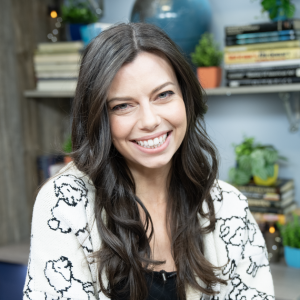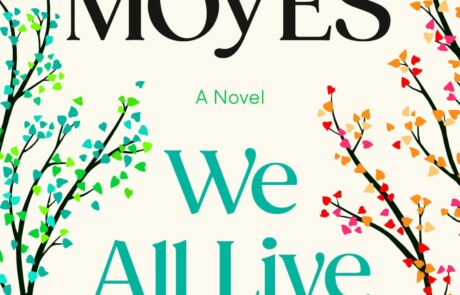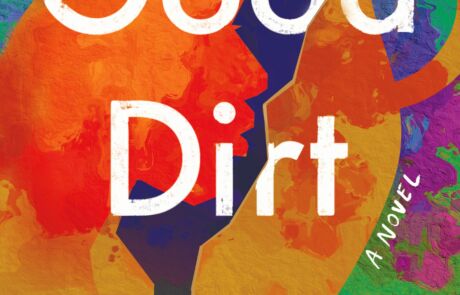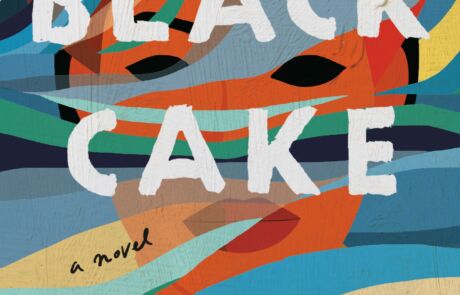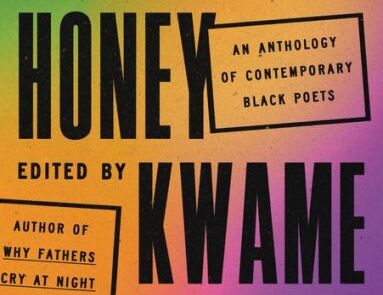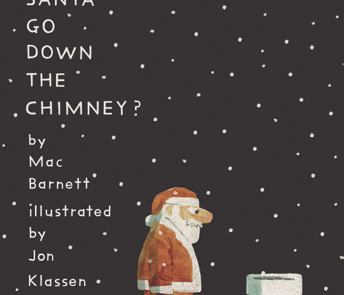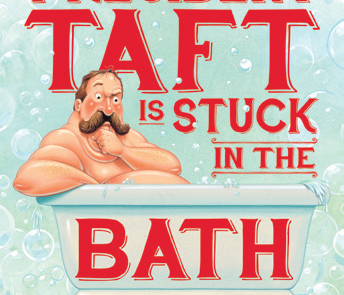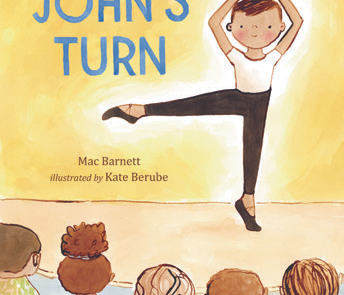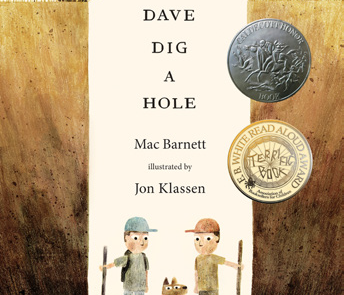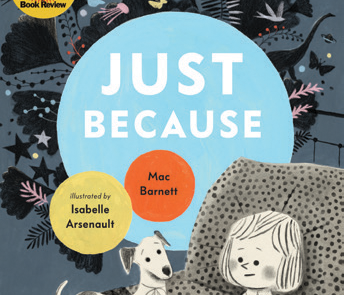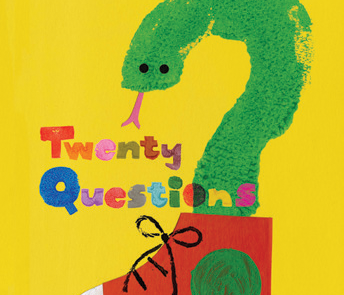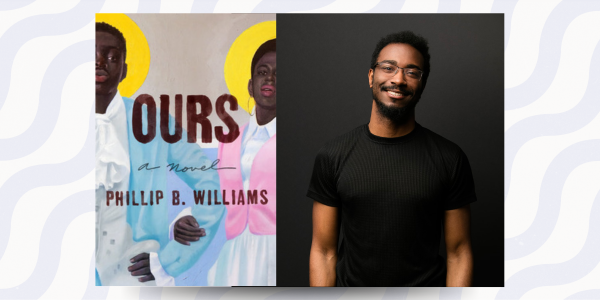
“In this ingenious, sweeping novel, Phillip B. Williams introduces us to an enigmatic woman named Saint, a fearsome conjuror who, in the 1830s, annihilates plantations all over Arkansas to rescue the people enslaved there. She brings those she has freed to a haven of her own creation: a town just north of St. Louis, magically concealed from outsiders, named Ours.”
Join PBS Books Readers Club host Lauren Smith as she interviews author Phillip B. Williams about his mystifying and compelling novel Ours.
Lauren: I’m not exaggerating when I say that this was one of the most unique and fascinating books I’ve ever read. Tell our readers in your own words what your book is all about, and why you hope they’ll read it. I, for the record, really hope everyone will give it a read!
Phillip: It is a book about freedom, and what necessarily needs to be destroyed in order for freedom to be born. A conjure woman of great power annihilates plantations all over Arkansas and brings those she has freed to a town just north of St. Louis to live out their newfound freedom. The town is hidden by her abilities, allowing everyone there to make crucial decisions on how to live their lives. I hope people will read it to gain a new perspective of possibilities during the Antebellum period and new futures for our contemporary moment.
Where did this book begin for you? What inspired you to write it?
The book started as a short story while I attended the University of Illinois Urbana-Champaign for undergraduate studies. Crystal Wilkinson had chosen it as a fourth-place winner for our university fiction prize. In her notes, she mentioned how the story felt bigger than the short story form. I kept writing it for over sixteen years, finally completing it in 2022.
My own interests in mythology, magic, and family stories inspired me to write this book. My mother used to tell me stories about her father’s life in Gary, Indiana, one of which appears in the novel!
I’m curious about how you managed to weave together history and mythology in this book. What was your research process like, and did you uncover anything especially surprising?
Most of the book is work of the imagination. I did research for Ours, but most of it was used to make more convincing the fiction, not to set the historical tone. I don’t separate history and myth in my mind. I see them as both functioning to explain how people interact with one another and the world. They serve similar purposes at opposing ends, sometimes not even all the opposing as myth enfolds history and history more often than we discuss is part myth since the perspective from which we receive history may skew the interpretation of actual events to favor people or decisions that were not favorable or moral. History practiced via indelicate methods of historicity can become a myth of morality. Myth that understands the importance of collaboration between self, community, and spirit can structure a people more deeply than history.
Something interesting that I learned from my research did not find its way into this novel but rather guided how I navigated the existence of the town of Ours. Many Black towns and neighborhoods throughout history had been burned down (Black Wall Street), turned into lakes (Oscarville -> Lake Lanier, GA; Kowaliga -> Lake Martin, AL), turned into parks (Seneca Village -> Central Park, NY), had a highway built through it (Near West Side neighborhood [also Greek, Italian, Jewish, and Mexican residents], Chicago, IL), or rioted out of existence (Rosewood, FL and Marianna, FL). How could I write a novel about a Black town that was meant to thrive when history dictates that white racial violence said otherwise? Granted, there are places that made it. There are thirteen Black towns in Oklahoma that still exist. There are plenty more throughout the US. So, this isn’t about the impossibility of a thriving and lasting Black town, rather about having to always imagine the possibility of that infiltration happening at any time, without warning. I did not want that violent potential to haunt the novel.
This book manages to tell a compelling story while reading in many ways, to me at least, like an epic poem. How did your previous poetry work influence the writing of this book?
I often write several projects at once. In this case, I began in fiction and thought for years I would be primarily a fiction writer. Poetry came first in publication only, so there isn’t an influence that my poetry work has on my writing of this novel; it is more my work being influenced by the life I live and the art that I engage with and learn of.
In the acknowledgments, you say that your mother has been asking for this novel for almost 20 years and that you wrote it for her, especially. Tell us the story there!
So after I graduated from undergrad, I continued writing the novel. At that time, it had already been two years between the writing of the short story in 2006 to my graduating in 2008. I didn’t have my own computer at the time, so I wrote the novel on my mother’s PC. I said to her, “You can read what I’ve written so far,” and she did. Fell in love with it. But by 2009 I had stopped working on what I think by then had become around 100 pages of material. For years she kept asking me “How’s the novel going? Are you still working on the novel?” It never failed: out of the blue, we could be discussing what we ate for dinner, and she would ask about the novel. It was encouraging but also I felt pressured to finish in a way that never allowed the story to leave my mind. Imagine, every few months or so, someone gently asking if you are still working on that project you started however many years ago. That’s faith. That’s belief.
What do you hope people take away from reading this book?
I recently answered this question in a way that I will maintain to the best of my ability. I don’t think it is any of my business what readers take away from reading that book. What I hope for more is that they read it to completion, understanding that each decision made may or may not be to their liking, but was made intentionally. Meet the book where it is.
What was young Phillip B. Williams like? Did you always know you were going to be a poet and a writer?
I have been writing since the First grade, beginning with Mrs. Bellamy’s class at Morse School of Fine Arts in Chicago. That early seed of encouragement has everything to do with where I am now.
You’ve been so generous with your time; I have just a few more questions for you! Here is an easy one: book, e-reader, or audiobook?
Book, e-reader, audiobook in that order.
What’s your favorite book from your childhood?
Her Stories by Virginia Hamilton.
What’s your favorite book you’ve read in the last year?
There are two: Too Much Midnight by Krista Franklin, and Feelin by Bettina Judd.
What are you reading now?
I am reading Ours by Phillip B. Williams (haha). I am teaching myself how to read prose aloud. It is not exactly like reading poems. I trip up a lot more and since I will be on tour soon, so I have got to get myself together. Also, Devil is Fine by John Vercher is a wild book that I enjoyed reading an early copy of this year. It comes out later this year, I think in April.
Do you have a favorite PBS show?
Antiques Roadshow! Hands down.
And finally, is there anything you’d like to say to your readers?
Thank you. Seriously, thank you for reading my work.
Thank you so much for sharing all of this with the PBS Books Readers Club. We wish you great success with your book Ours, and please keep us posted on your future endeavors!
Thank you for reading!
Pick up a copy of Ours at your local library or bookstore! Or, if you’d like to read along while making a difference, we’ll email you a code to download the e-book when you make a donation to support your local PBS station. You’ll also receive a fun set of PBS stickers to stick on your phone, water bottle, laptop, or wherever you wish. Thanks for supporting the PBS Books Readers Club! Click here to donate.
Your friend in reading,
Lauren Smith, PBS Books Readers Club Executive Producer and Host 📗
